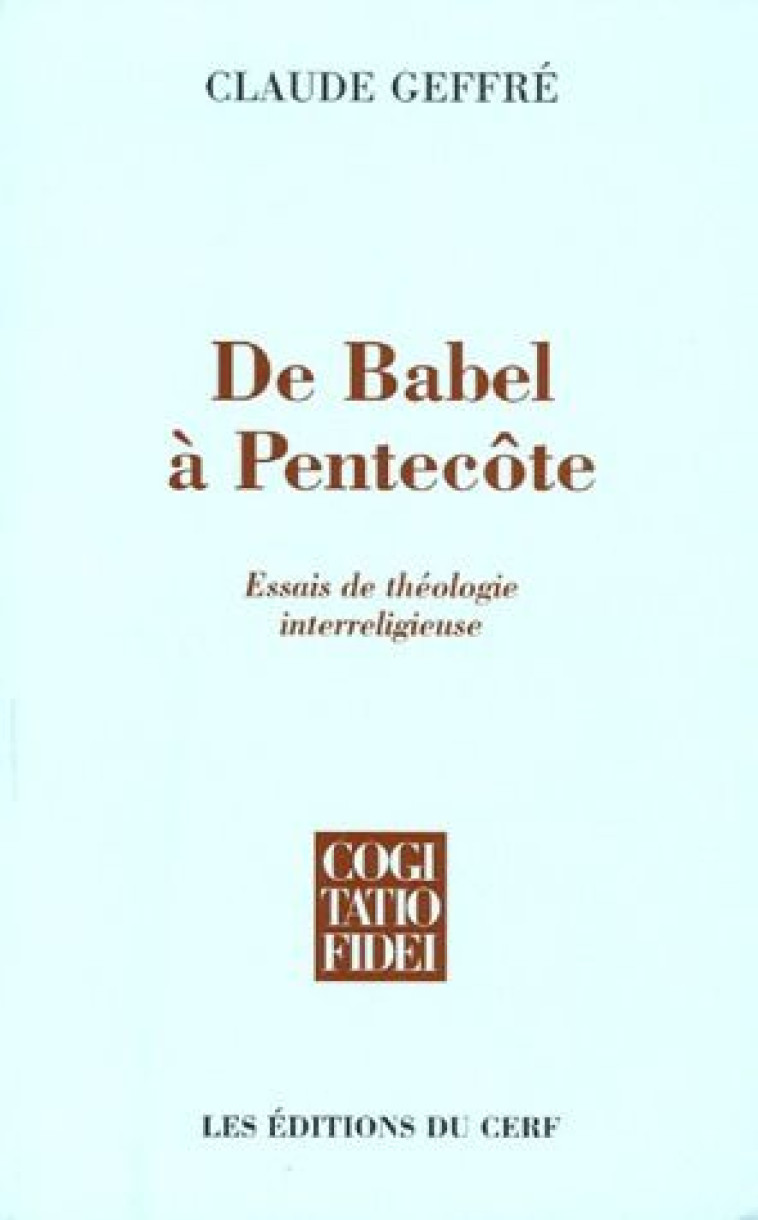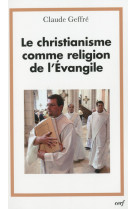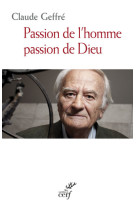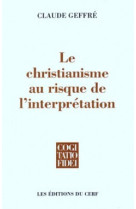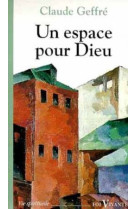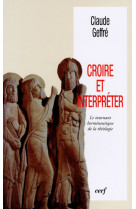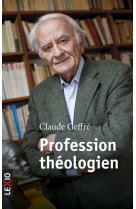--
Forty years after the "Nostra aetate" declaration, the theology of religions tends to be one of "religious pluralism", which examines the signification of different ways to God in the context of one unique plan for salvation. It attempts to surpass the so-called "accomplishment" theology that underlies several Vatican II texts. As the subtitle indicates, this book presents a serious study of the implications of the "mystery" of religious pluralism, and sketches the main lines of an "inter-religious" theology that would reinterpret Christian singularity while bearing in mind the seeds of truth to be found in other religious traditions. In the first part, the unicity and the universality of the mystery of Christ are reaffirmed, for the salvation of every human being. But the paradox of the incarnation prevents us from seeing Christianity as an exclusive path to salvation. In a second part, the necessary distinction is made, from an epistemological point of view, between inter-religious theology and what might seem to be a simple comparative history of religions. There are some examples of mutual fecundation that can result in a truly inter-religious dialogue. At this point, the author insists on today's challenge, the Islamo-Christian dialogue and the historical responsibility of the three monotheisms for the future of Europe and the world. Under the title "Mission et inculturation", the third part shows that inter-religious dialogue does not take away from the urgency of the Church's mission, although it certainly modifies its style.

